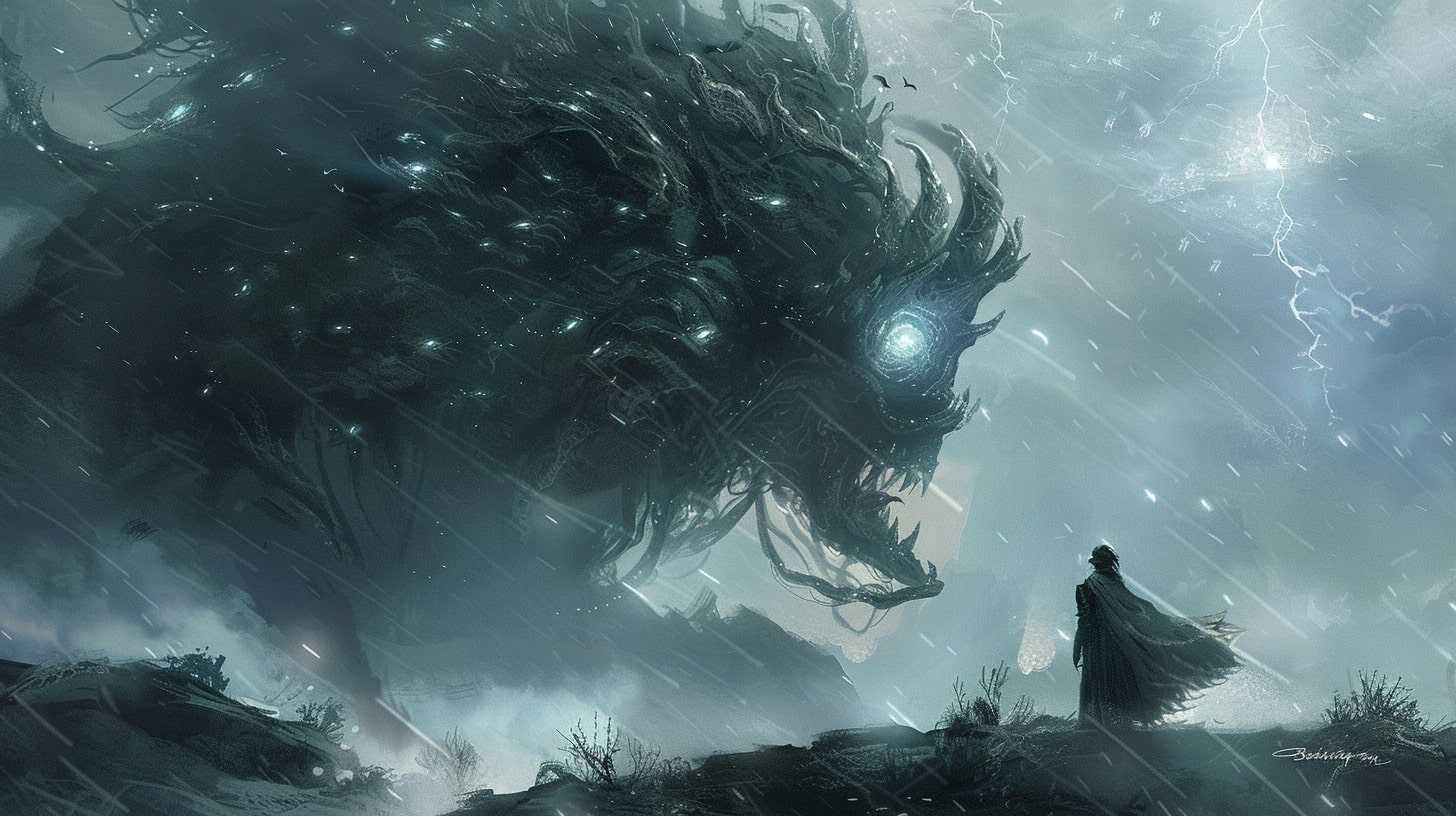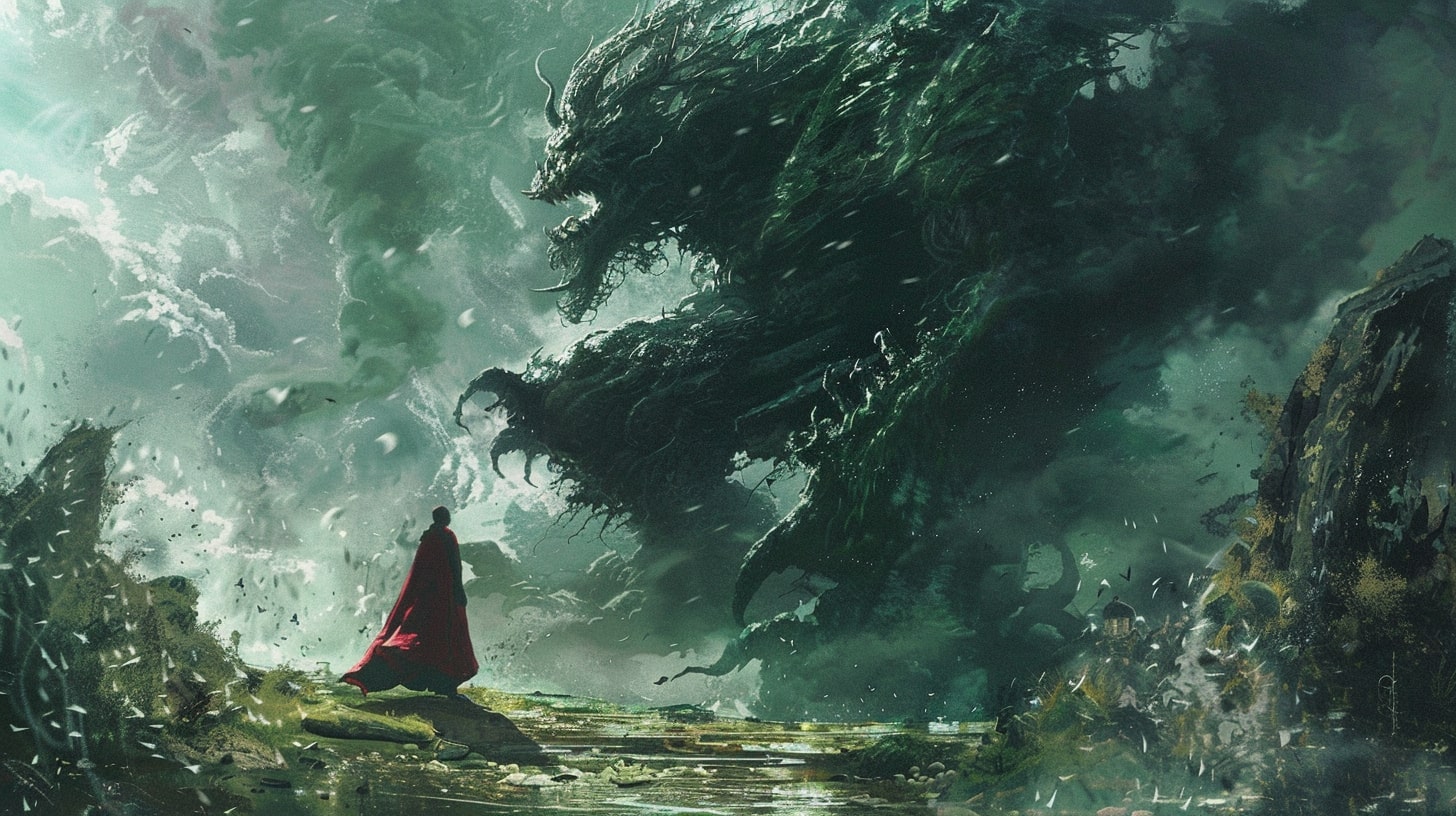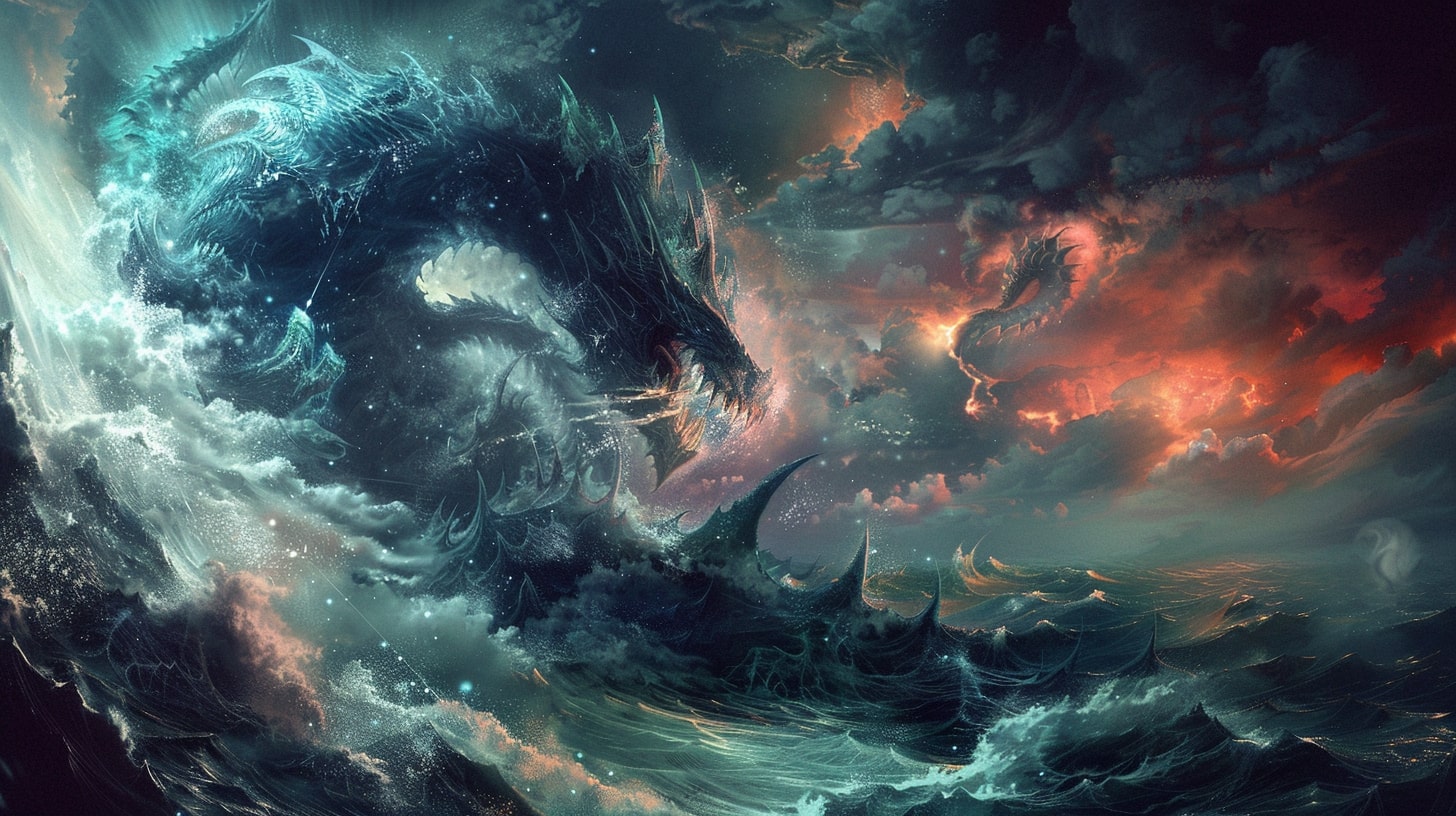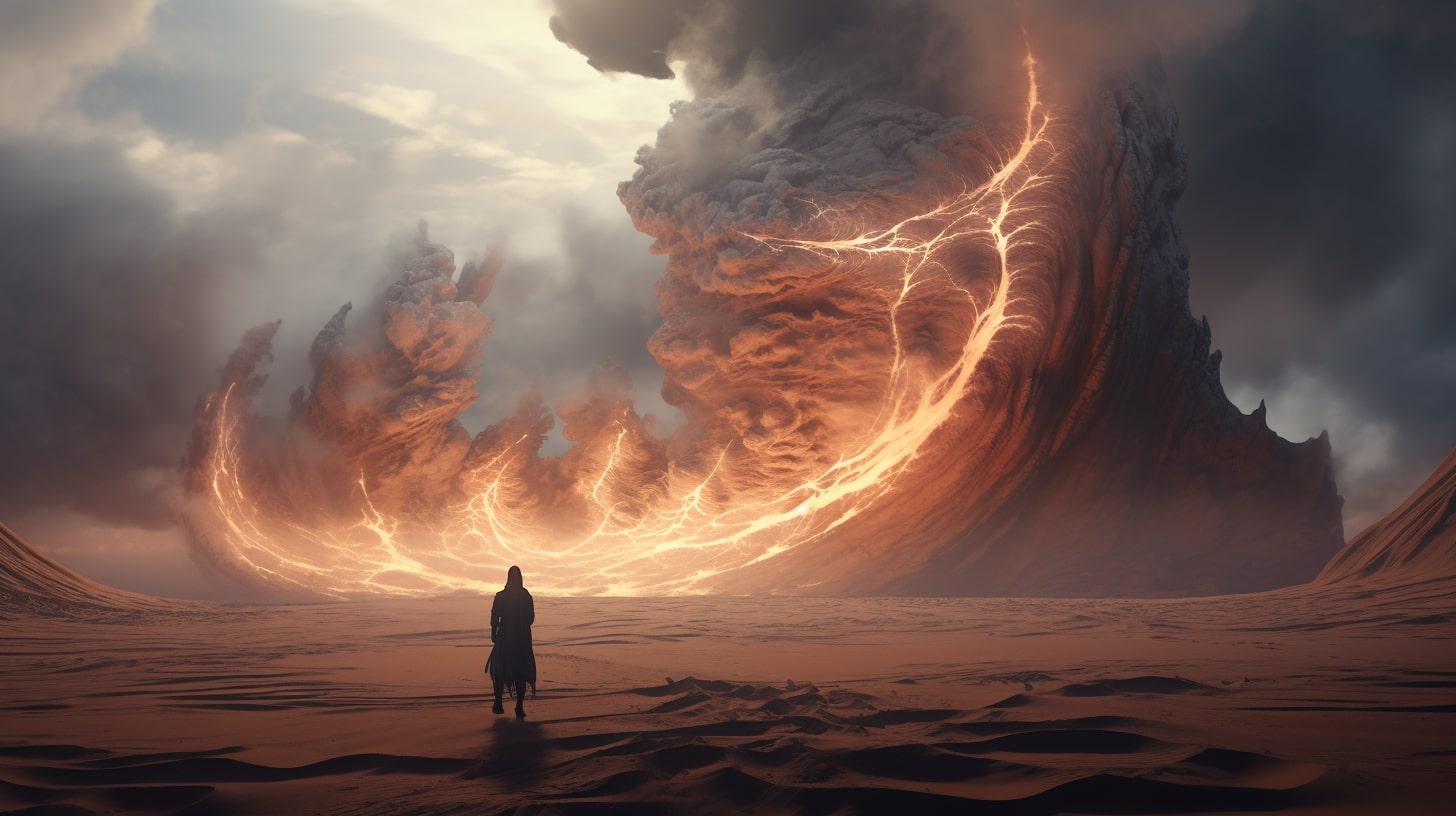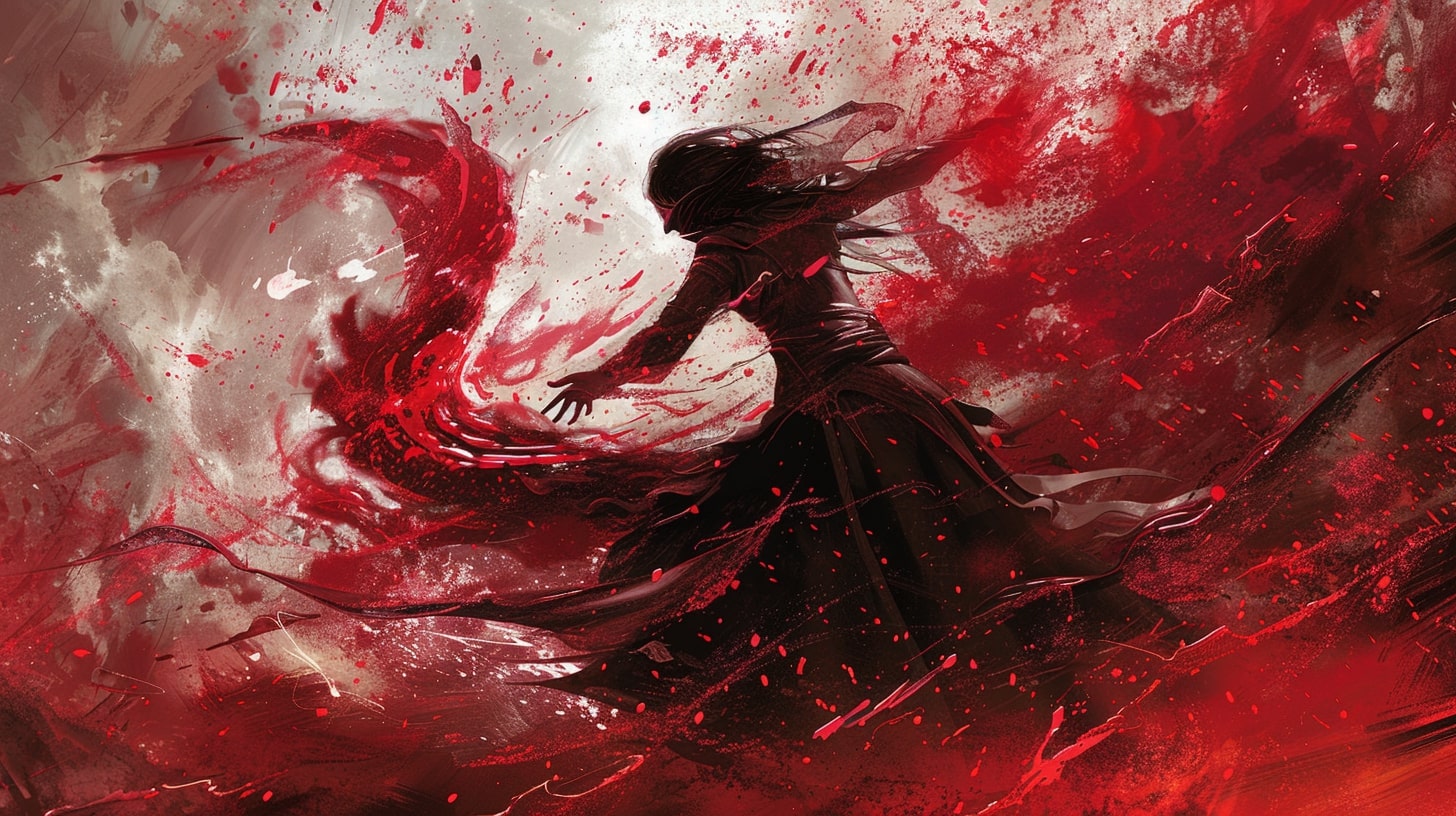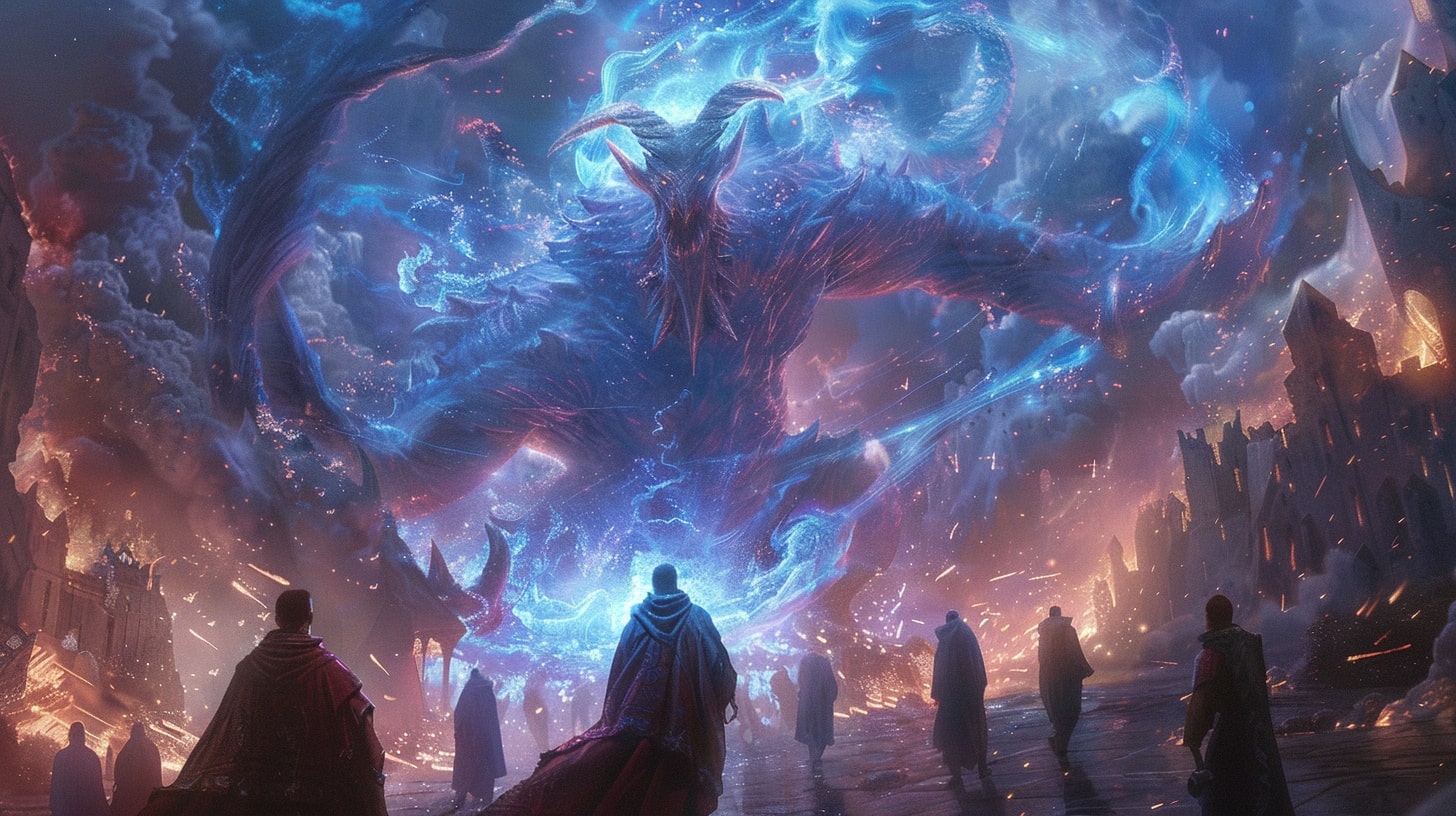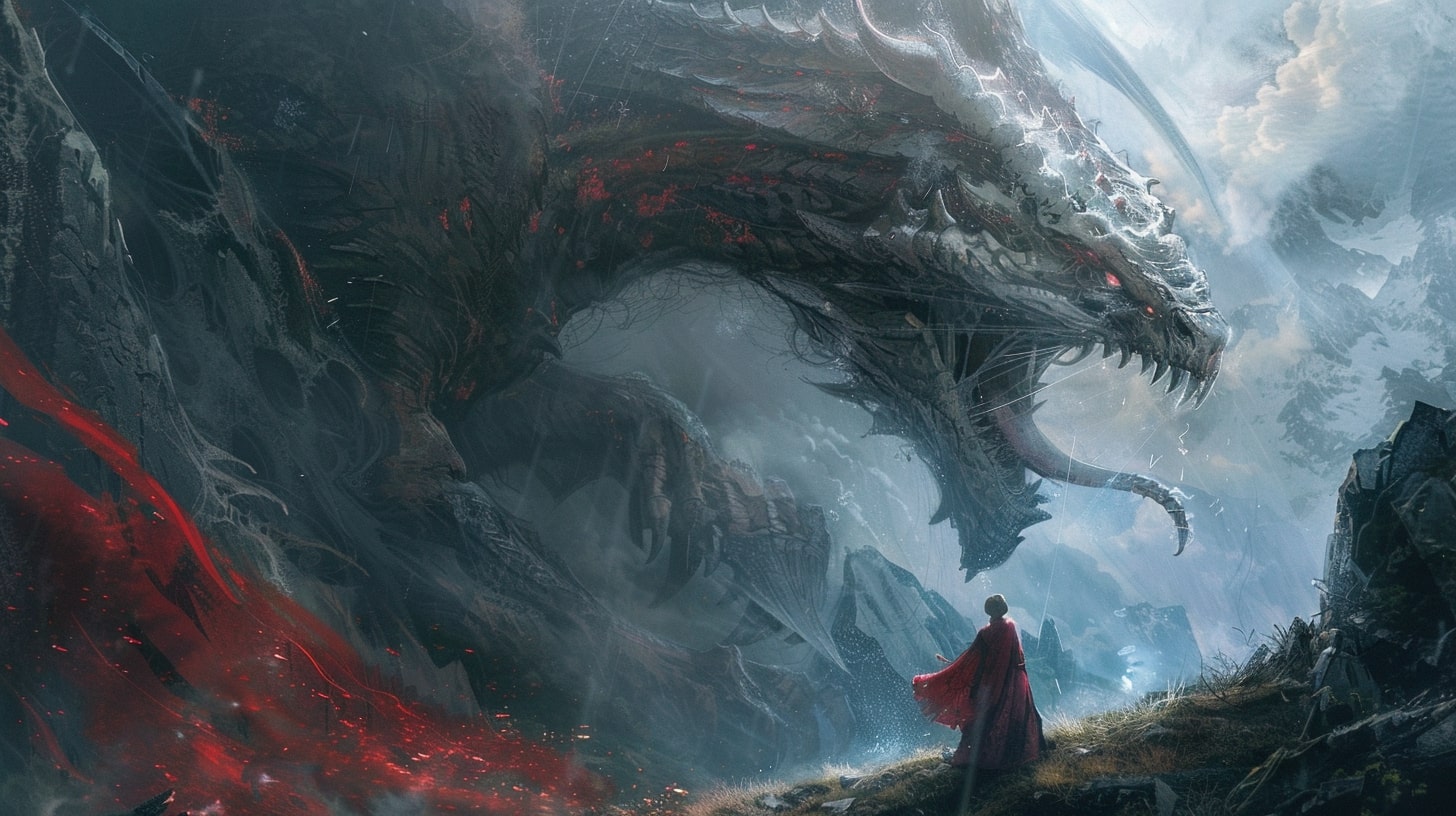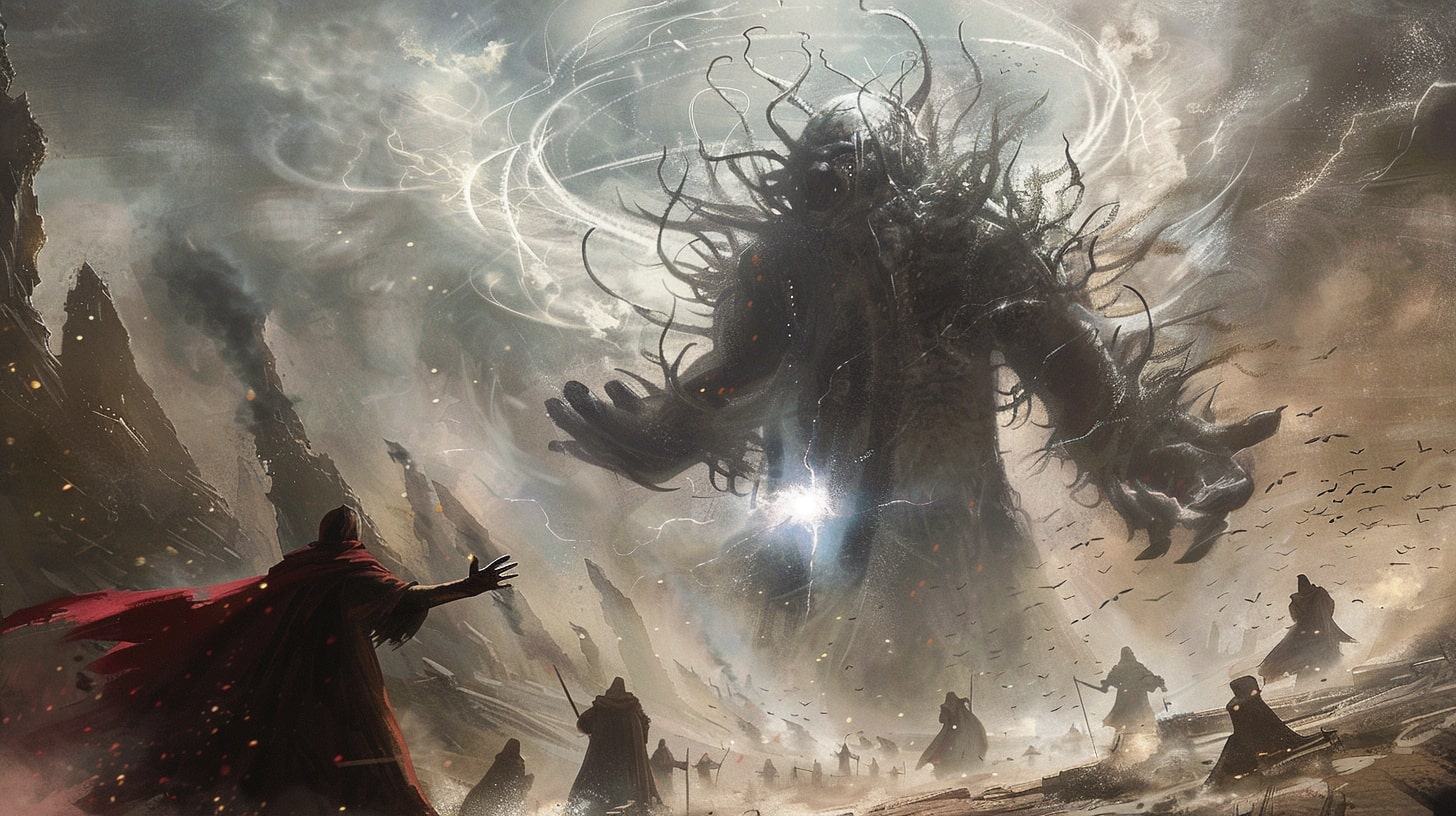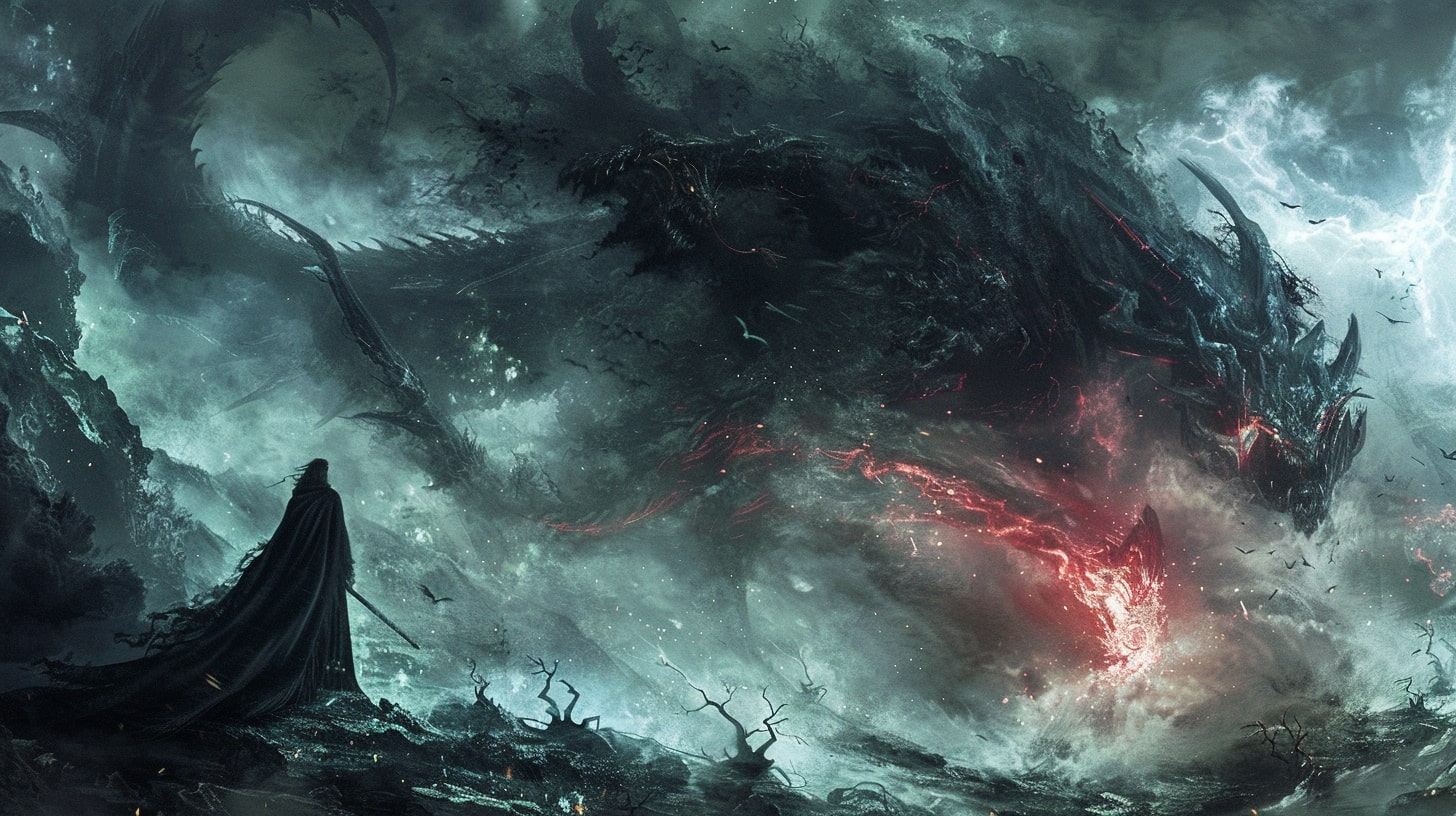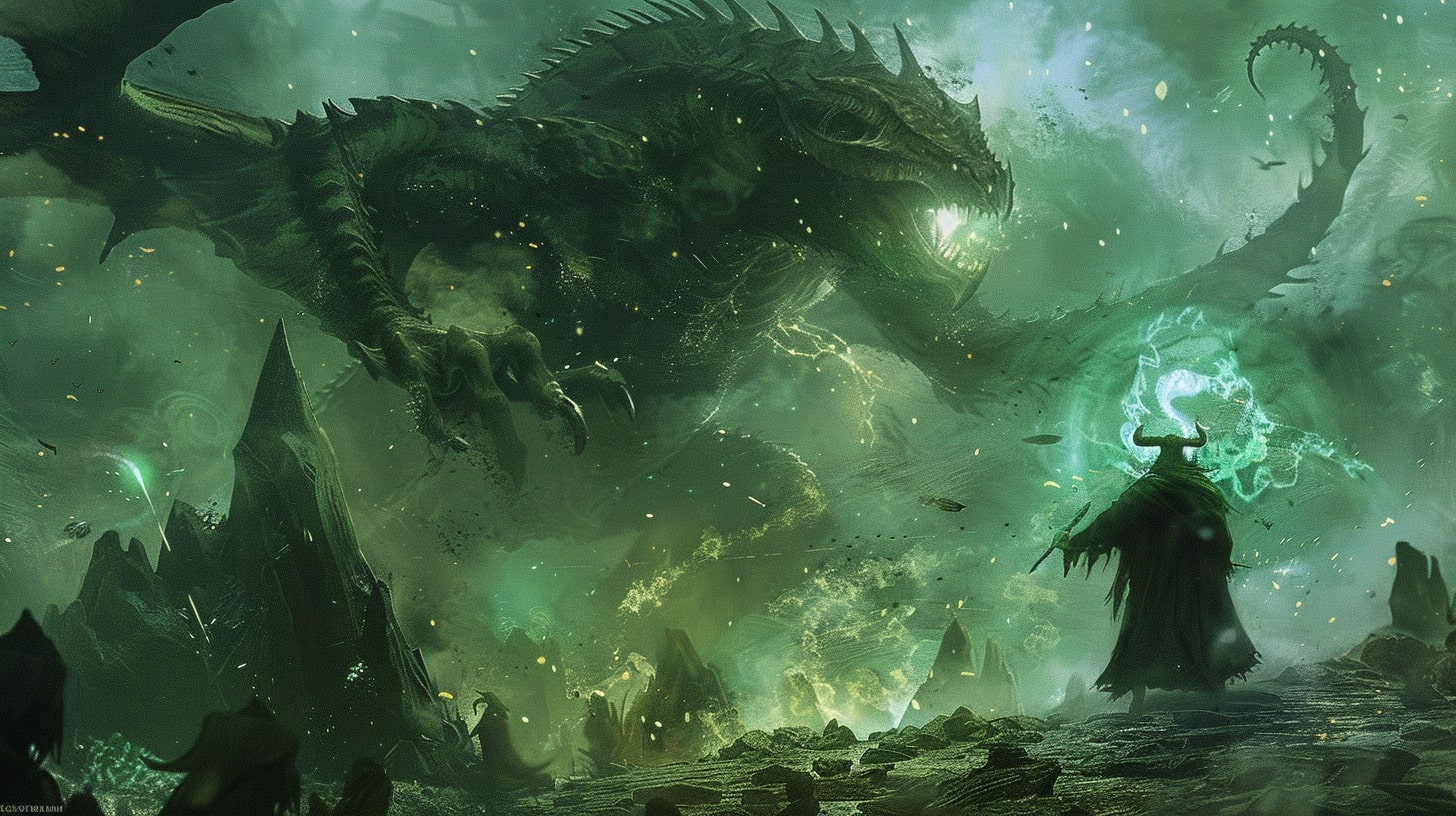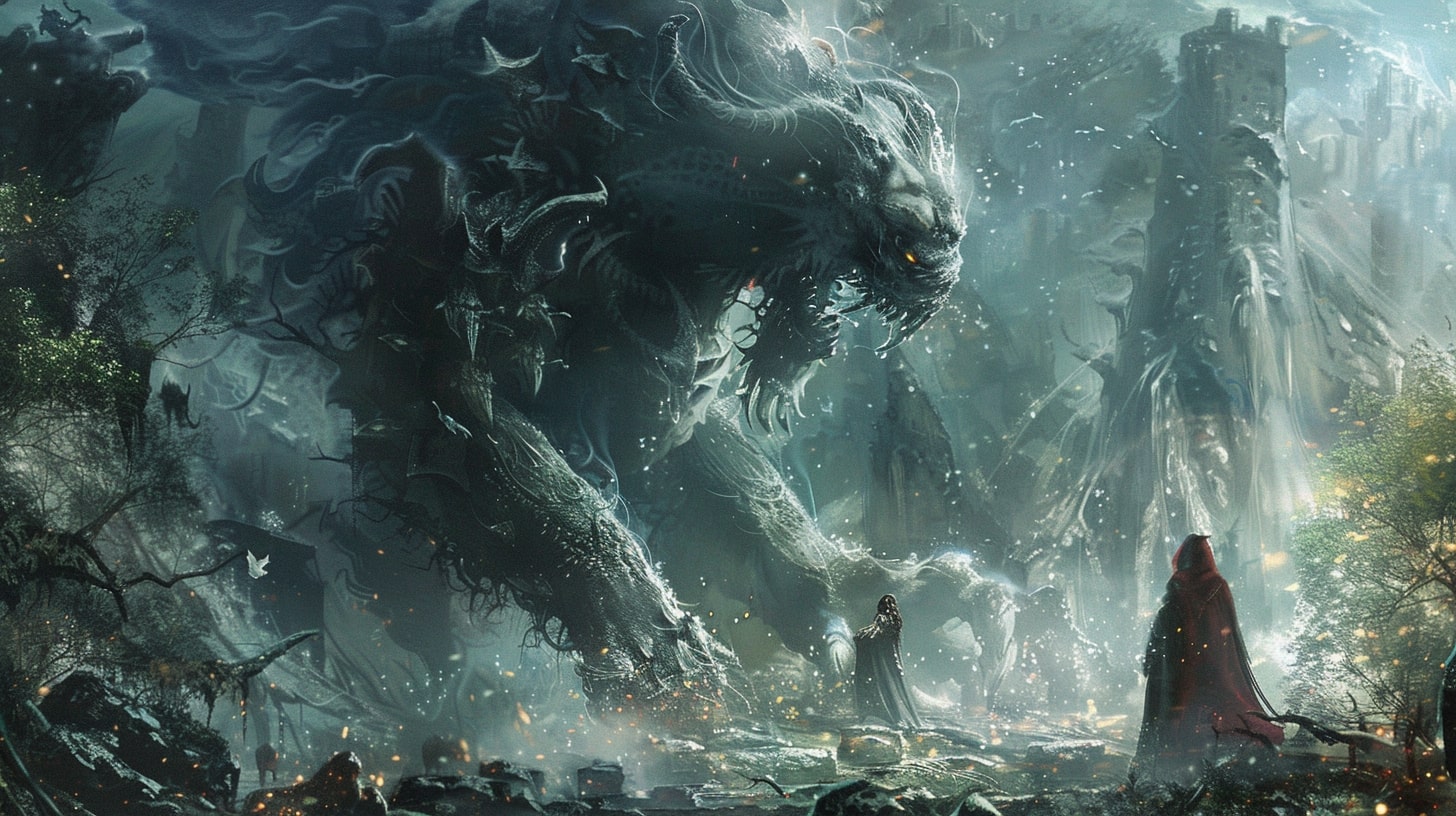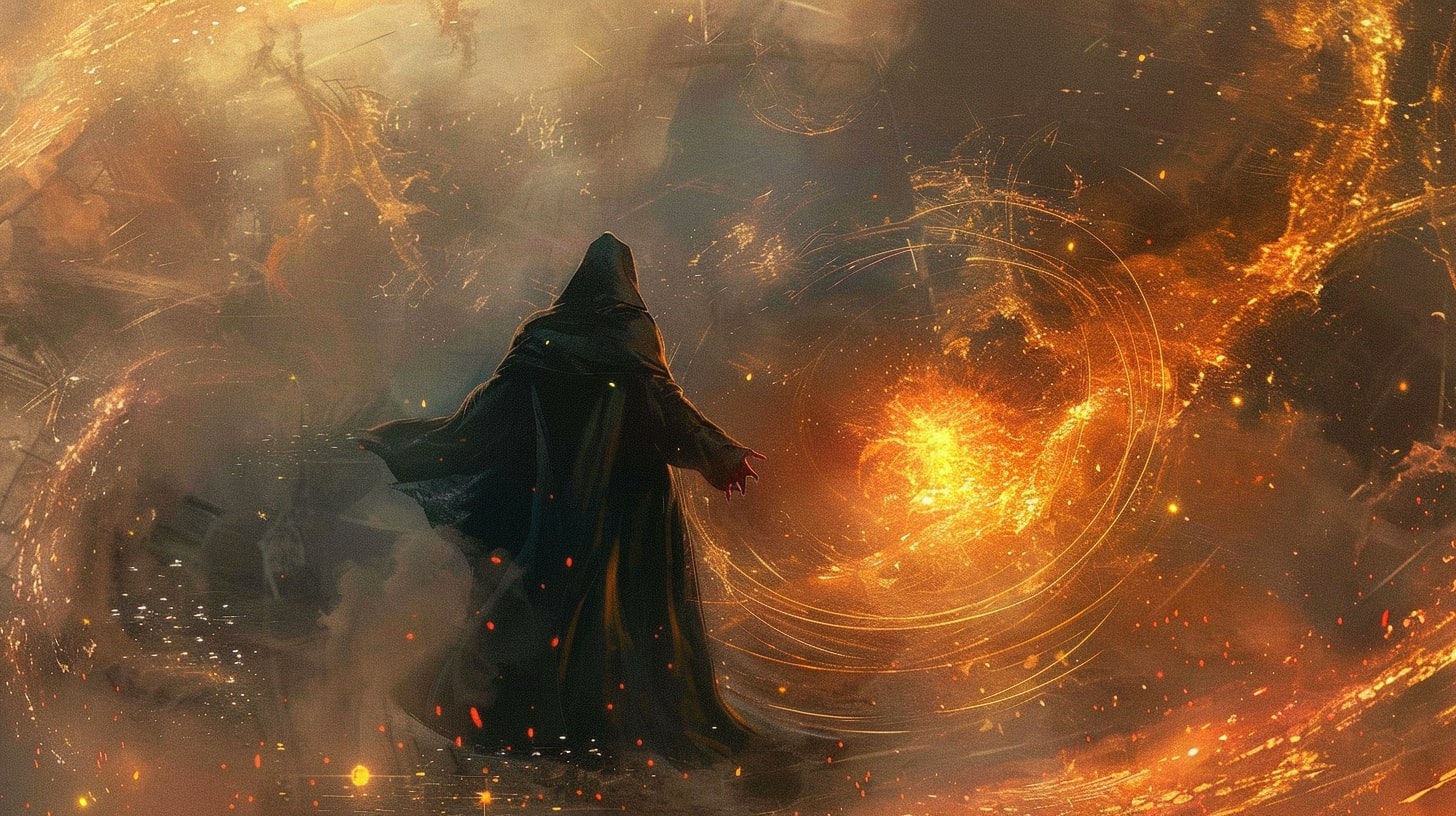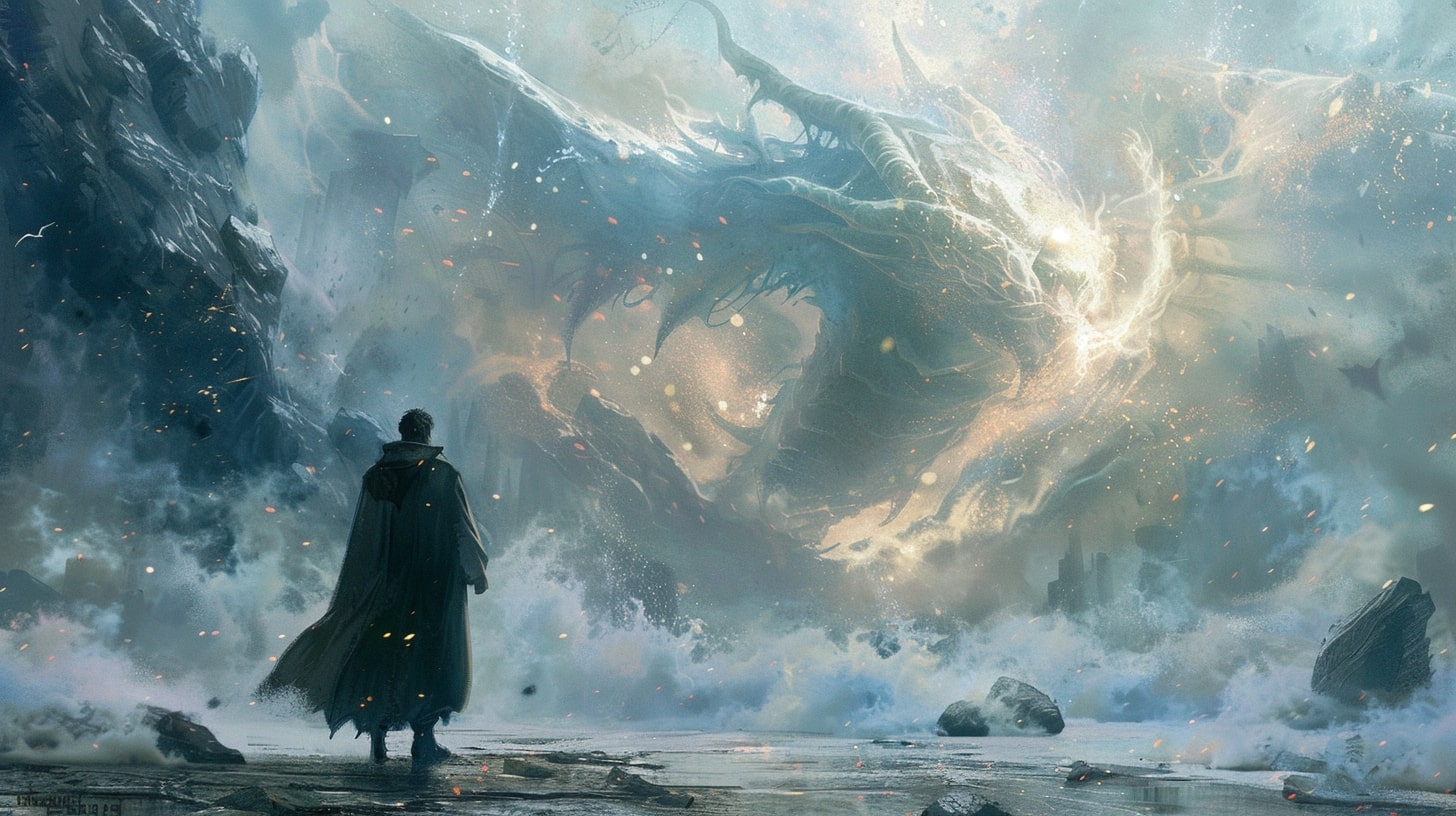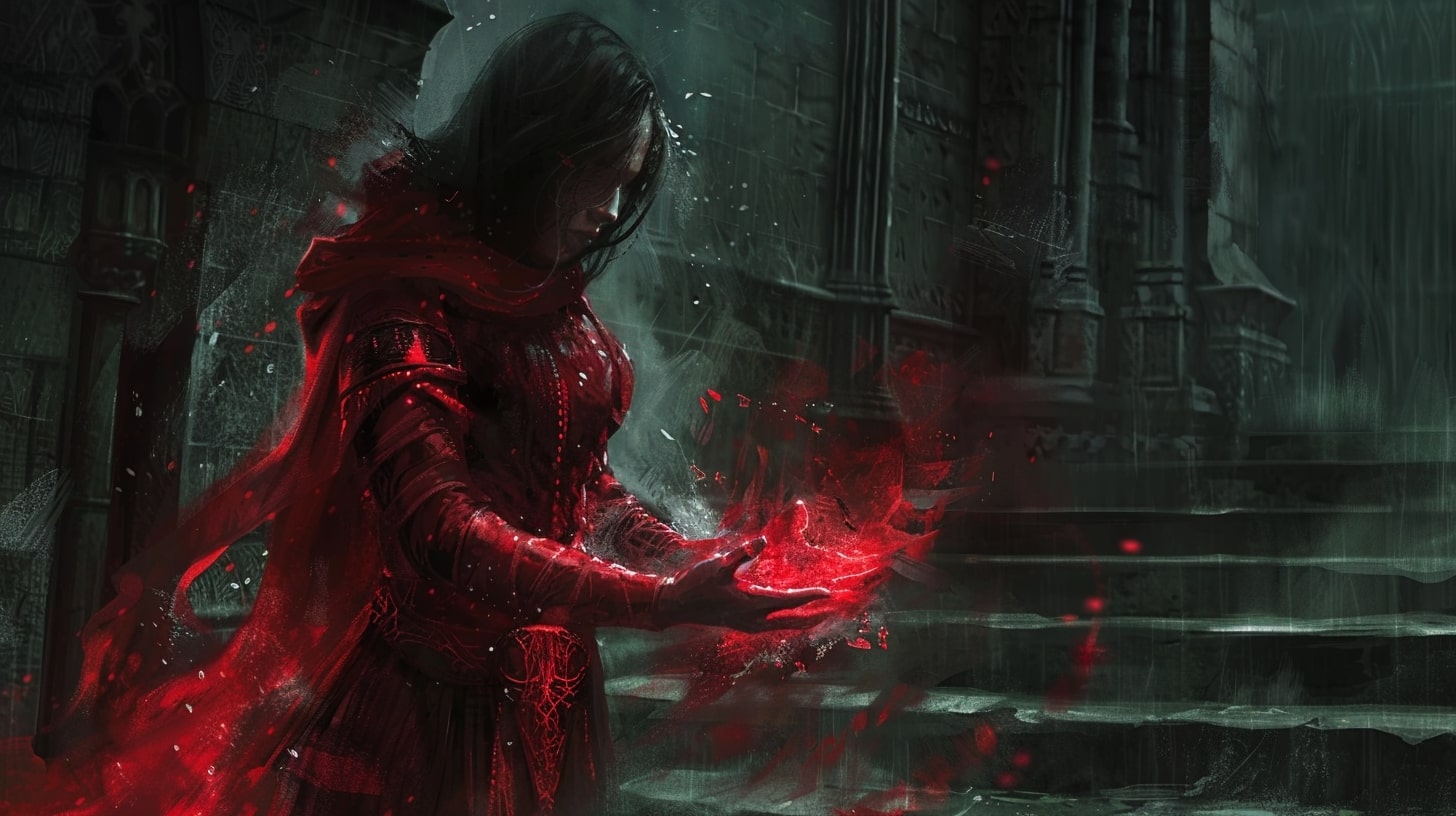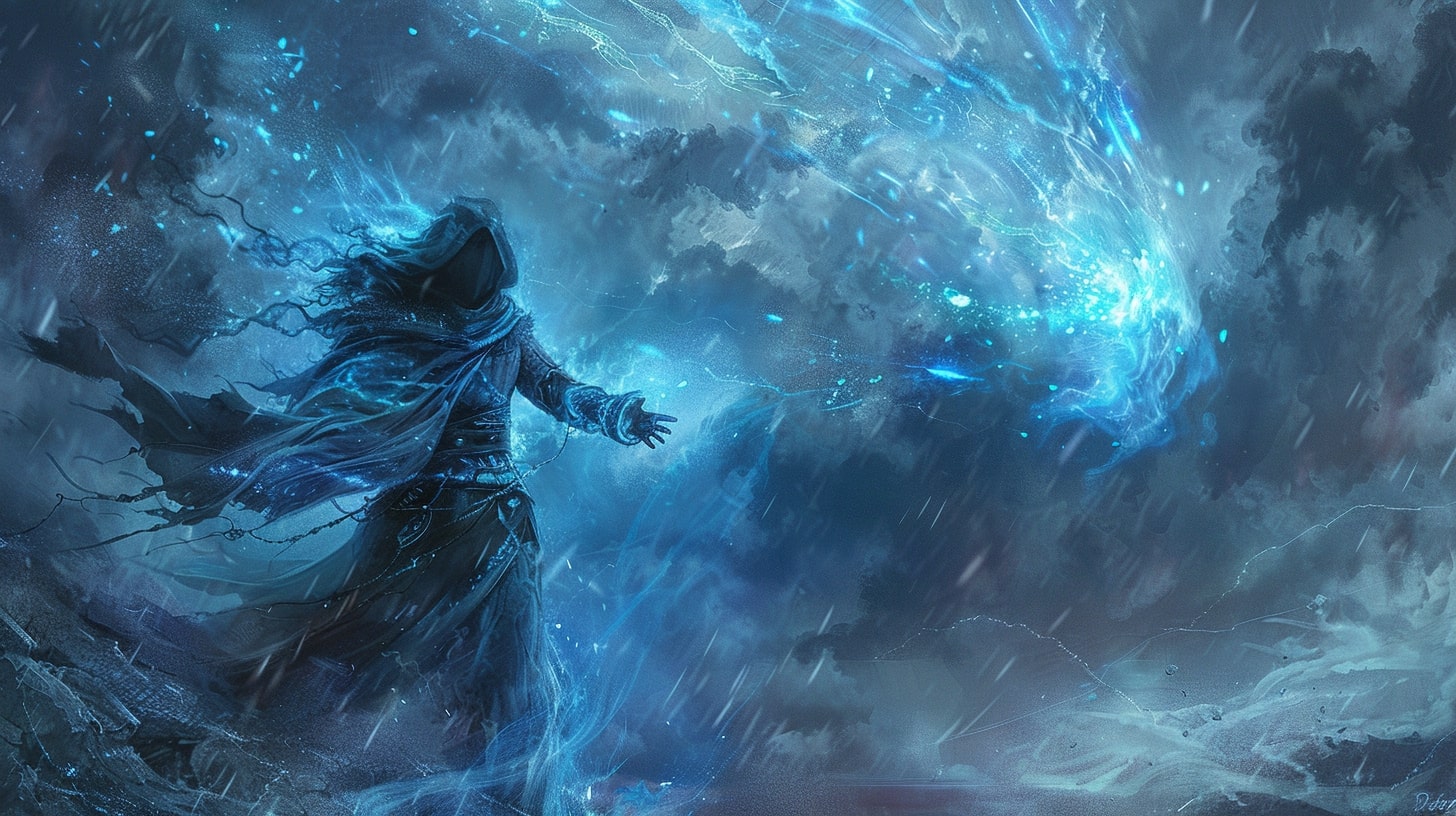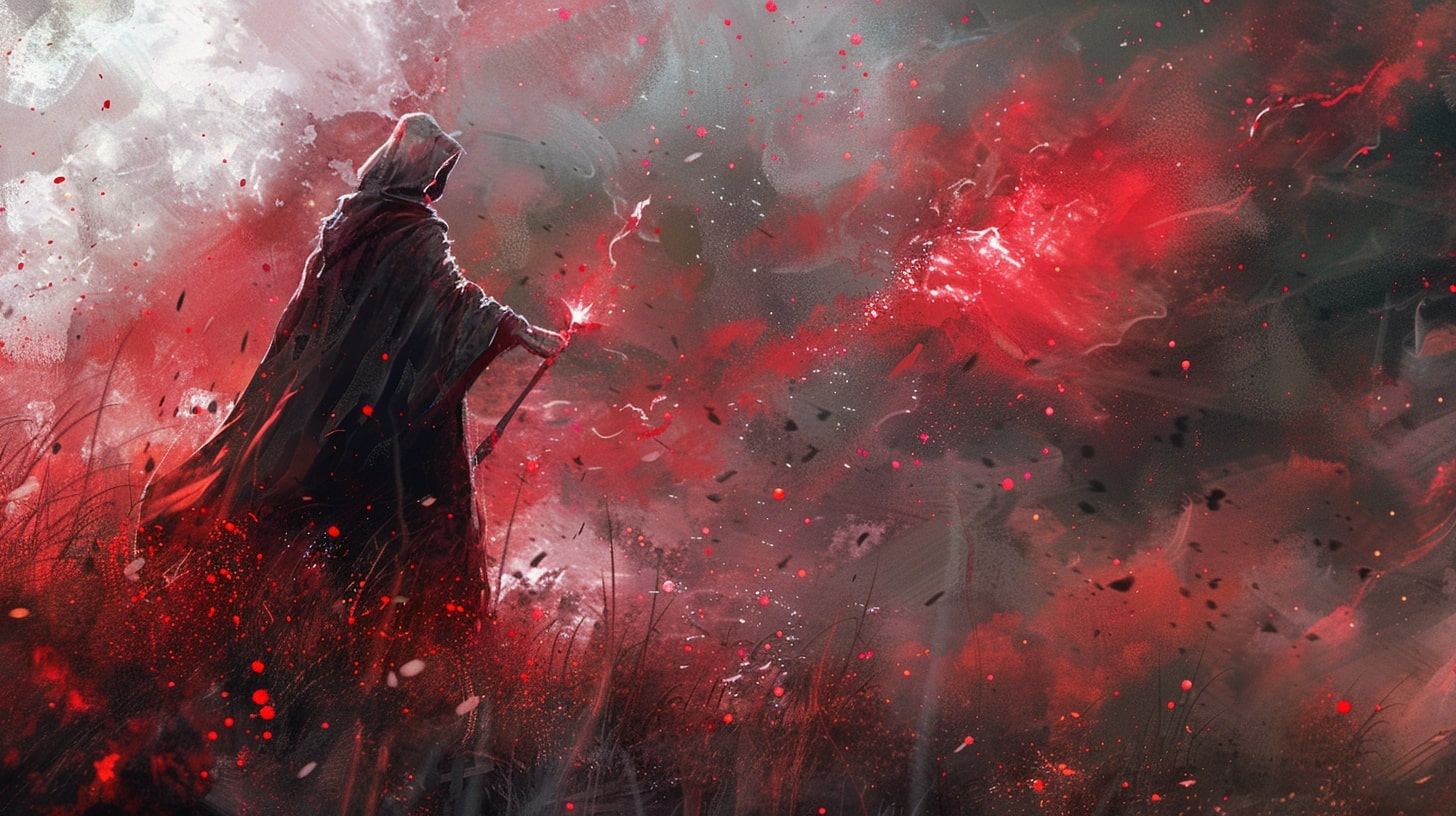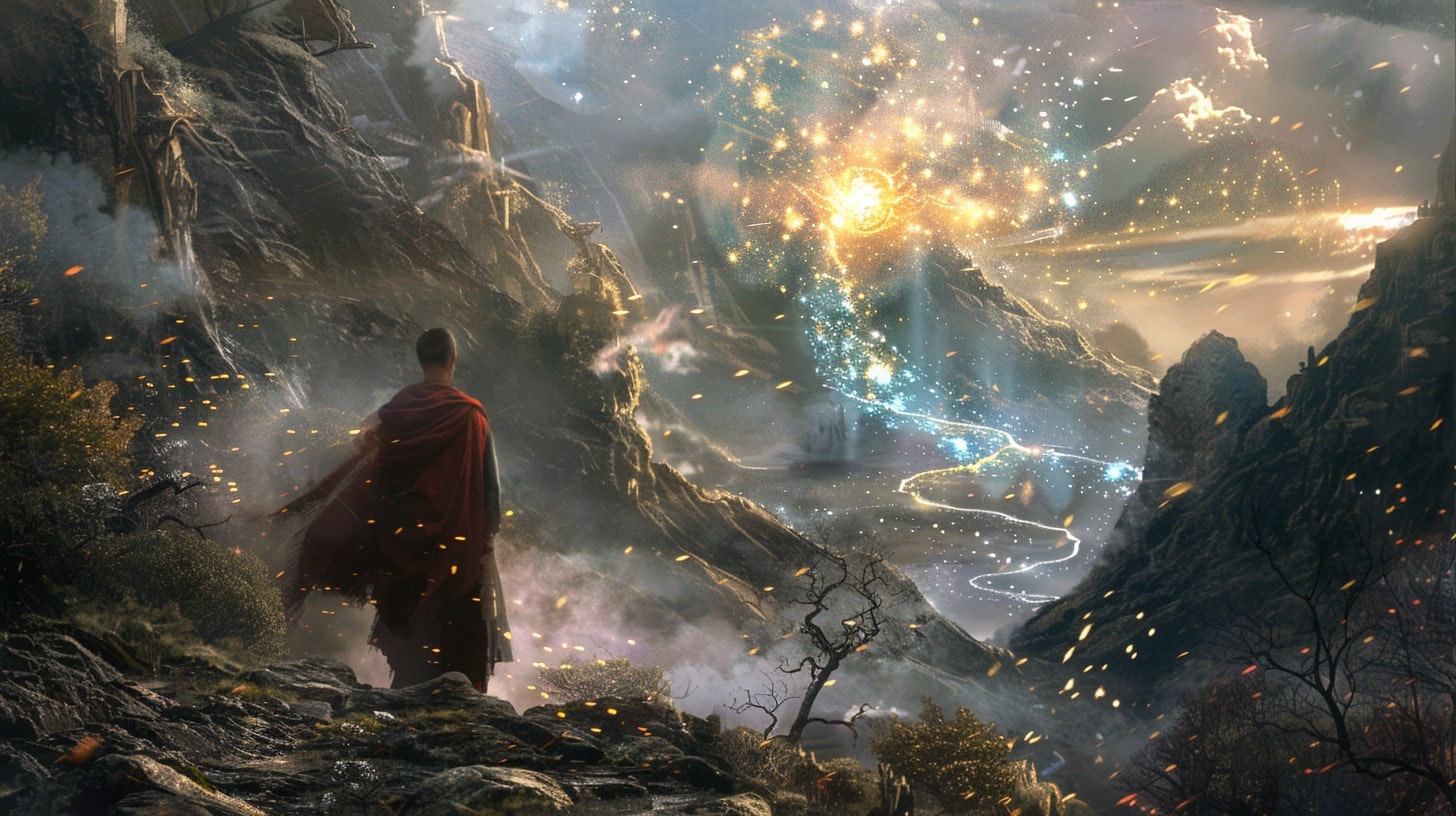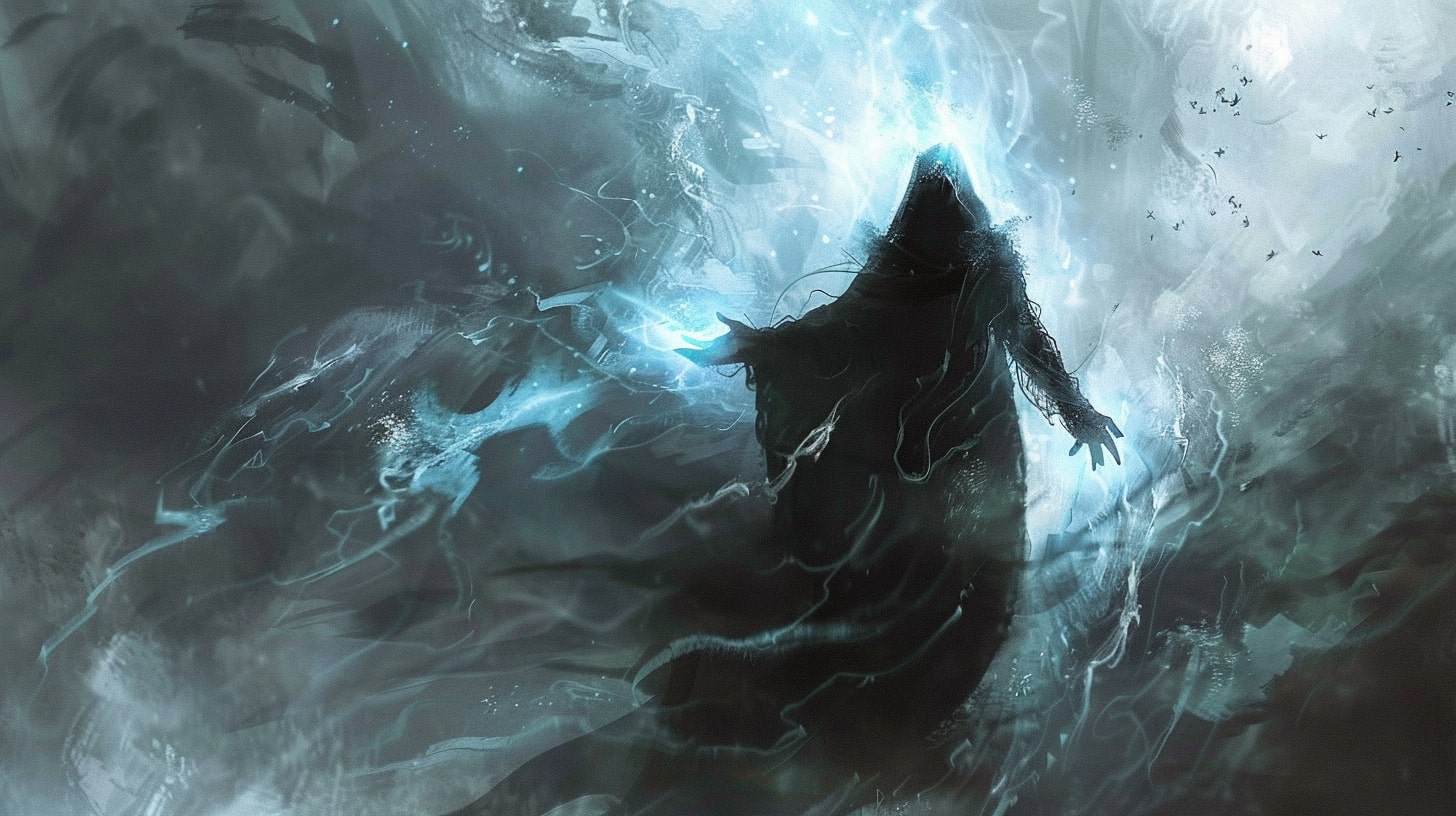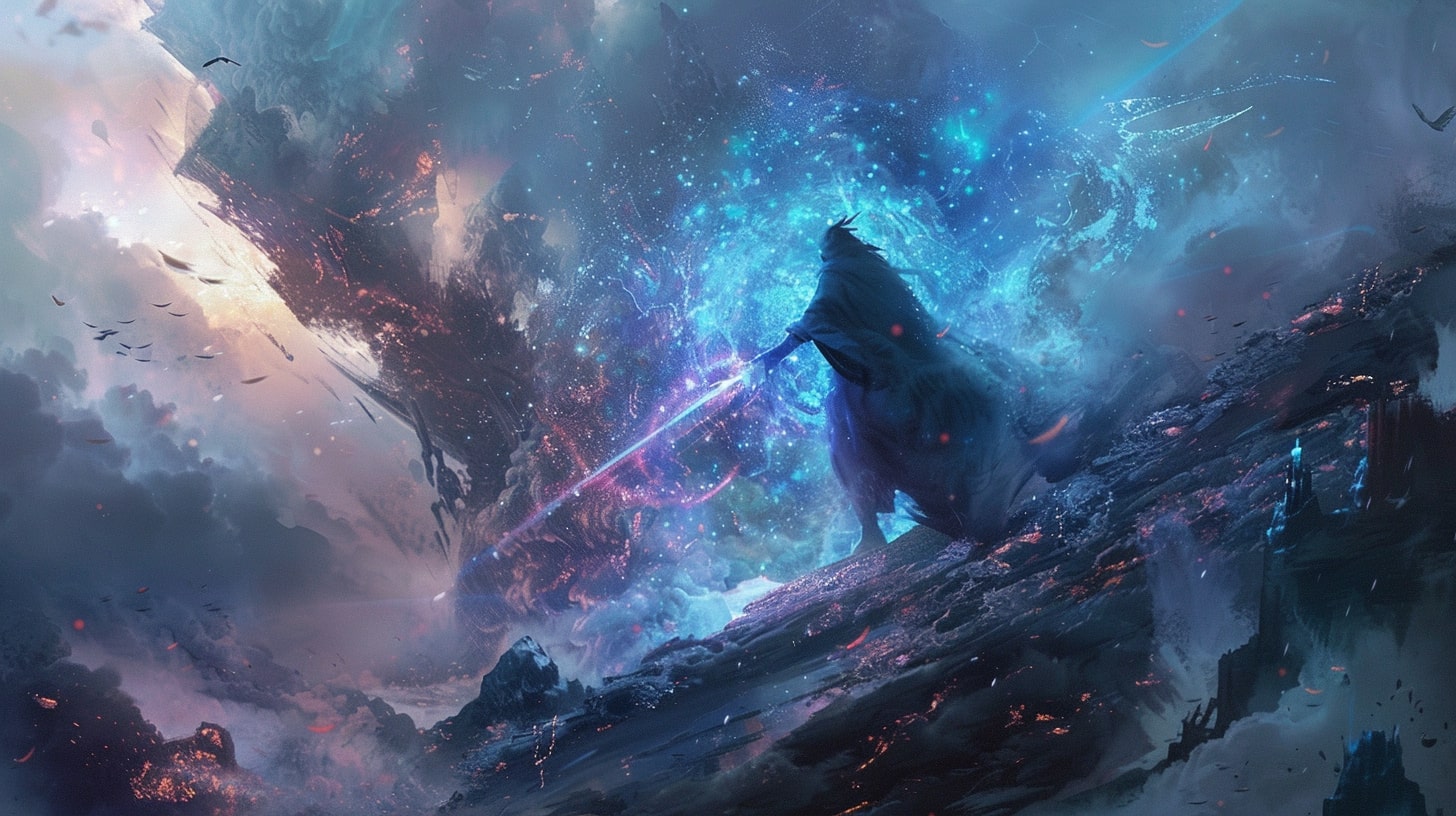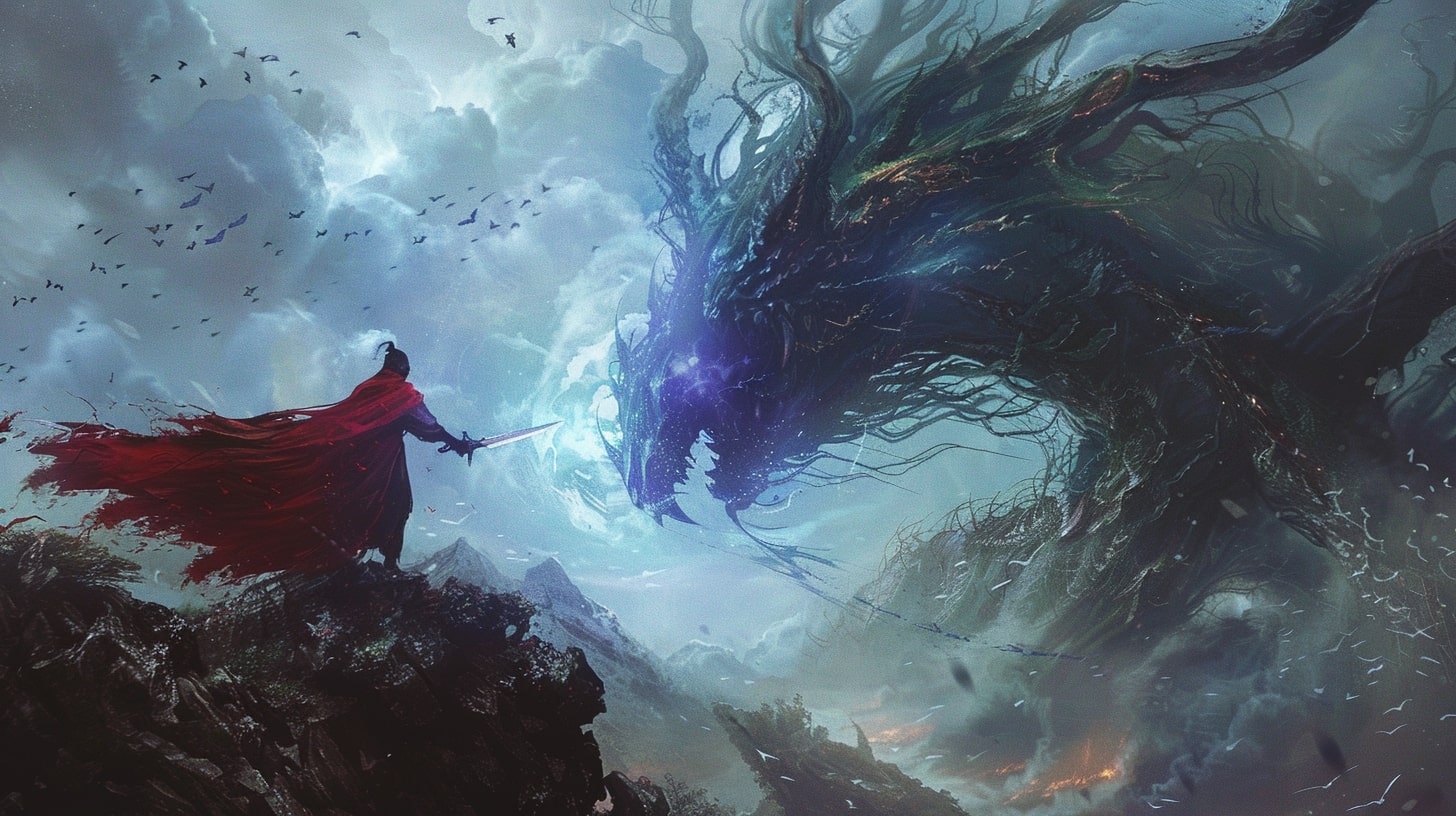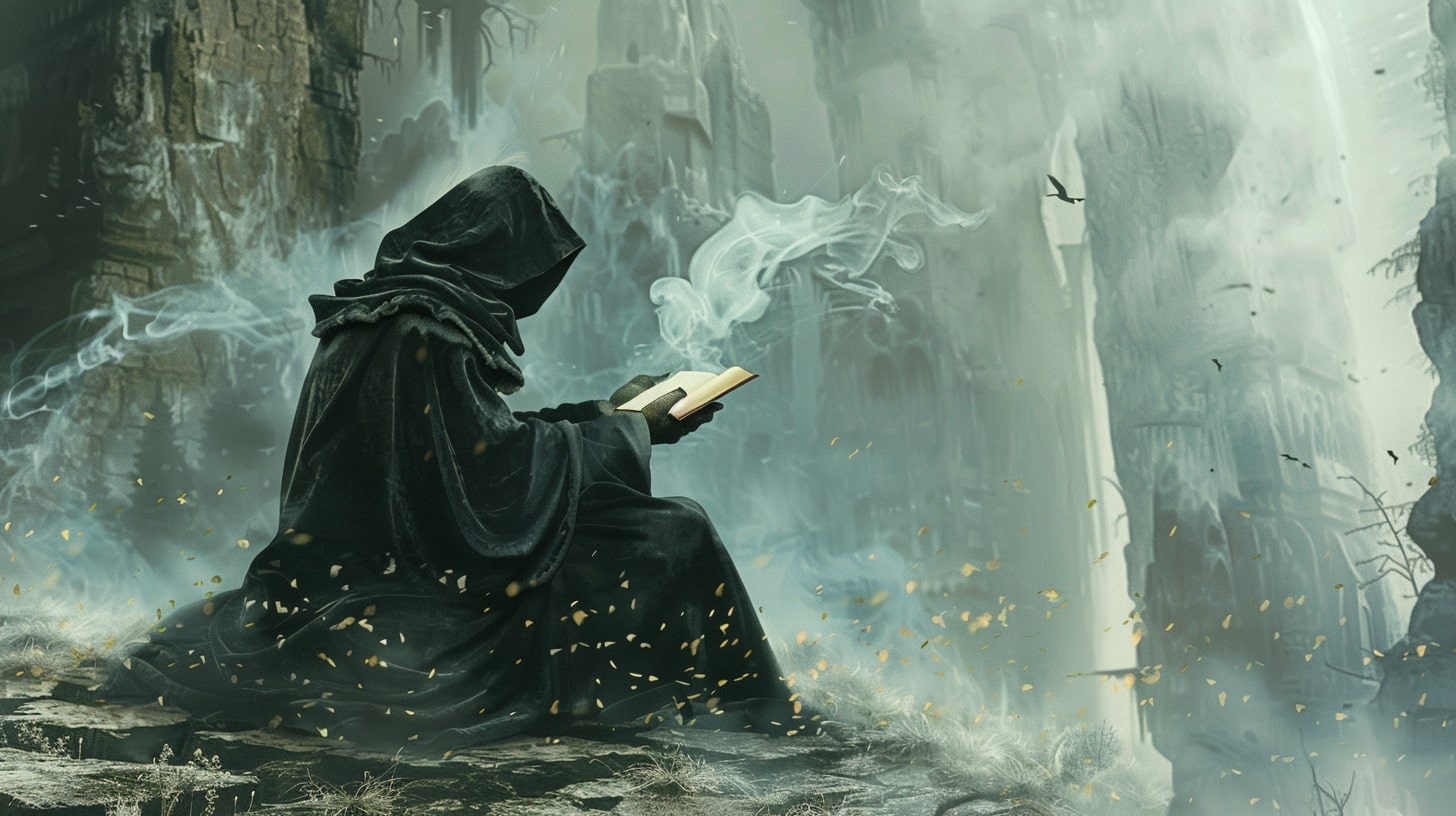The Art of Magic Systems
In the realm of fantasy writing, magic systems hold a special place, captivating readers and adding an element of wonder to the story. A well-crafted magic system can enhance the depth and richness of your world, making it all the more immersive and engaging.
But a magic system is only as strong as the rules in place for it. Figuring out your magic system rules is imperative to creating a beautiful world.
The Importance of Magic Systems in Fantasy Writing
Magic systems play a crucial role in fantasy writing, as they provide a framework for how magic operates within your story’s universe. They establish the boundaries and limitations that govern the use of magic, ensuring consistency and preventing it from becoming a mere plot device or deus ex machina. A well-designed magic system can:
Enhance Worldbuilding: Magic systems contribute to the worldbuilding process by shaping the culture, history, and societal structure of your fictional world. The way magic is accessed, understood, and utilized can vary greatly, creating unique dynamics and conflicts.
Drive Plot and Conflict: Magic can be a catalyst for conflict, propelling the plot forward and adding suspense and tension. The rules and limitations of your magic system can create obstacles for your characters to overcome, driving them to develop innovative solutions or face dire consequences.
Deepen Character Development: How characters interact with magic can reveal aspects of their personality, values, and motivations. Their abilities or lack thereof can shape their roles within society and influence their relationships with other characters.
Foster Reader Engagement: A well-defined magic system can captivate readers, allowing them to immerse themselves in a world where the extraordinary is possible. It can spark their imagination and curiosity, leaving them eager to learn more about the intricacies of your magic system.
Understanding the Rules of Magic Systems
To create a compelling and believable magic system, it’s important to establish clear rules and limitations. These rules act as the foundation upon which your magic system operates, ensuring that it remains consistent and avoids becoming a source of plot holes or confusion. When developing the rules of your magic system, consider the following:
Source of Magic: Determine the origin or source from which magic derives its power. This could be elemental forces, divine energy, or a combination of various sources. Defining the source helps establish the boundaries and possibilities of your magic system.
Limitations and Constraints: Every magic system should have limitations to prevent it from becoming all-powerful and undermining the stakes and tension in your story. Establish constraints such as energy depletion, the need for specific components, or the requirement of knowledge and skill. These limitations create challenges and opportunities for your characters.
By understanding and carefully crafting the rules of your magic system, you can create a unique and compelling magical journey for your readers. Remember to maintain consistency and balance throughout your story, and feel free to explore different types of magic systems for inspiration. Check out our article on magic system ideas for further guidance.
Next, we will delve deeper into the components that make up a magic system, including spells and incantations, magical abilities and skills, and magical objects and artifacts. Stay tuned to unlock the secrets of mastering the rules of magic systems!
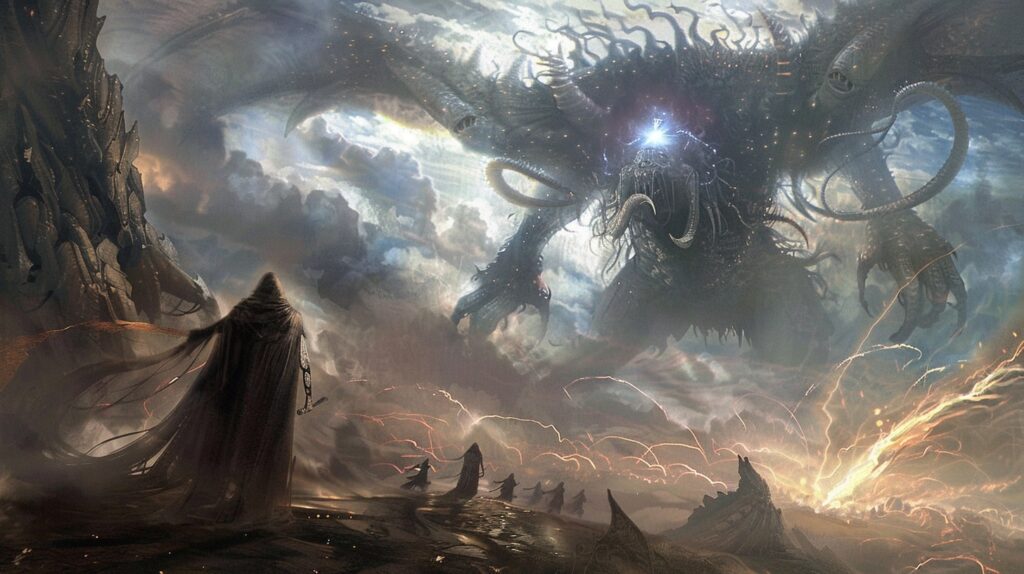
Magic System Rules: Establishing the Foundation
When creating a magic system for your fantasy world, it’s important to establish a strong foundation that defines the rules and limitations of magic. This foundation consists of two key elements: defining the source of magic and determining the limitations and constraints that govern its use.
Defining the Source of Magic
The source of magic in your world is the wellspring from which all magical power originates. It is what empowers individuals to manipulate the forces of magic. The source can vary greatly from one world to another, and it is up to you to decide what it is in your setting.
Some common sources of magic include:
- Arcane Energies: Magic drawn from the fundamental forces of the universe, such as elemental energies or cosmic energies.
- Divine Influence: Magic granted by deities or higher beings, often associated with religious or spiritual practices.
- Nature’s Essence: Magic derived from the natural world, harnessing the power of plants, animals, and natural elements.
- Rituals and Incantations: Magic performed through rituals, chants, or specific actions that unlock supernatural abilities.
- Bloodline or Inheritance: Magic passed down through bloodlines or inherited from specific lineages or races.
Defining the source of magic not only adds depth to your world but also helps shape the mechanics and limitations of how magic can be used. For more inspiration on different types of magic systems, check out our article on magic system ideas.
Determining the Limitations and Constraints
Every magic system needs limitations and constraints to maintain balance and prevent characters from becoming overpowered. These limitations can be physical, mental, or even societal in nature. They ensure that magic remains a tool with consequences and helps drive the conflict and tension in your story.
Here are a few examples of limitations and constraints to consider:
- Energy Drain: Magic requires a certain amount of energy or resources to be used, which can deplete the user over time.
- Casting Time: Spells may require a specific amount of time to cast, making them impractical or dangerous to use in certain situations.
- Specialization: Individuals may be limited to specific areas of magic or have natural affinities for certain types of spells.
- Magical Knowledge: Complex spells or advanced abilities may require extensive study, research, or training to master.
- Taboos and Restrictions: Certain actions or uses of magic may be forbidden or restricted by societal or cultural norms.
- Consequences: The use of magic may have unintended consequences or side effects, which can deter characters from using it recklessly.
Determining the limitations and constraints of your magic system adds depth and realism to your world. It also presents opportunities for conflict and character development. For more ideas on creating limitations for your magic system, visit our article on magic system limitations.
By establishing a solid foundation that defines the source of magic and sets limitations and constraints, you lay the groundwork for a coherent and engaging magic system.
As you continue to develop your magic system, consider how these elements integrate with the other components of your worldbuilding. Balancing magic with other elements of your story is a key aspect of creating a rich and immersive fantasy world.
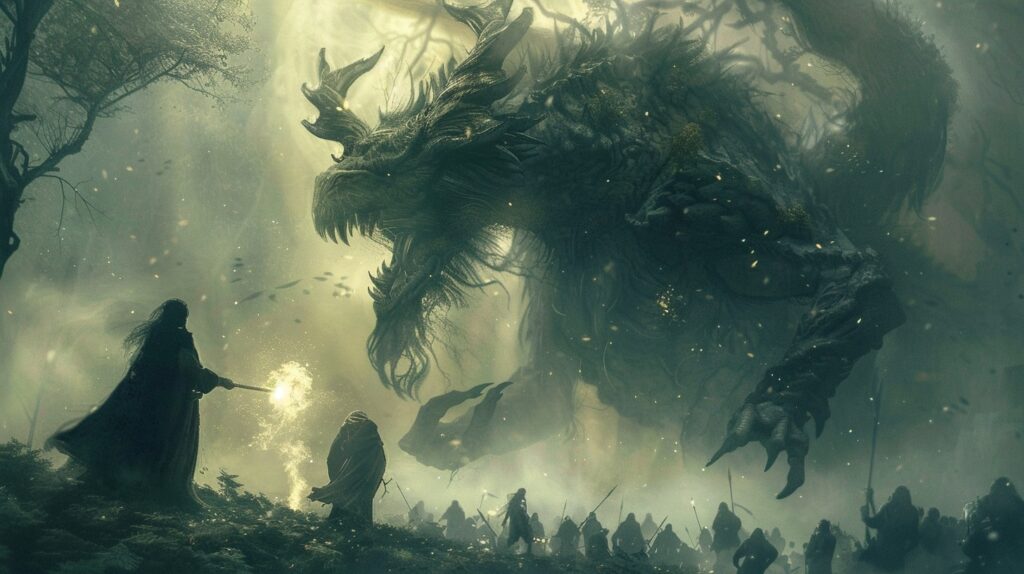
Components of Magic Systems
Magic systems in fantasy writing are composed of various elements that contribute to their functionality and intrigue. By understanding and incorporating these components into your worldbuilding, you can create captivating and immersive magic systems.
The key components include spells and incantations, magical abilities and skills, and magical objects and artifacts.
Spells and Incantations
Spells and incantations are the fundamental building blocks of magic systems. They are specific words, phrases, or rituals that harness the magical energy within the world and channel it to create supernatural effects. Spells often require the recitation of incantations, accompanied by gestures, to properly activate and control the magic.
In your magic system, you can design a diverse range of spells and incantations, each with its own unique purpose and effect. Explore the possibilities of elemental magic spells, healing spells, transformation spells, and more. For inspiration and ideas, check out our article on magic system ideas.
Magical Abilities and Skills
Magical abilities and skills refer to the inherent or learned capabilities that individuals possess within a magic system. These abilities can include telekinesis, pyrokinesis, telepathy, shape-shifting, and more. Magical skills are honed through practice, training, and study, allowing characters to harness and control their magical powers effectively.
When developing your magic system, consider the range of magical abilities and skills available to different characters. Some individuals may possess a natural aptitude for specific types of magic, while others may require extensive training and guidance.
By diversifying the magical abilities in your world, you can create a rich and dynamic system. For more information on different types of magic systems and their corresponding abilities, visit our article on types of magic systems.
Magical Objects and Artifacts
Magical objects and artifacts play a significant role in magic systems, often serving as catalysts or enhancers of magical abilities. These objects can include enchanted weapons, talismans, amulets, or mystical artifacts imbued with specific powers. Magical objects can also hold ancient knowledge, unlock hidden abilities, or provide protection to their bearers.
Incorporating magical objects and artifacts into your magic system adds depth and intrigue to your world. Consider the origins and history of these objects, their significance to the characters, and the limitations or conditions surrounding their use. For more inspiration on unique magical objects, explore our article on unique magic systems.
By incorporating spells and incantations, magical abilities and skills, and magical objects and artifacts into your magic system, you can create a vibrant and engaging world. Remember to establish clear rules and limitations for each component to maintain consistency and balance.
The next step is to explore how to fine-tune your magic system, including testing and refining its mechanics, integrating it into your worldbuilding, and ensuring it harmonizes with other elements of your story.
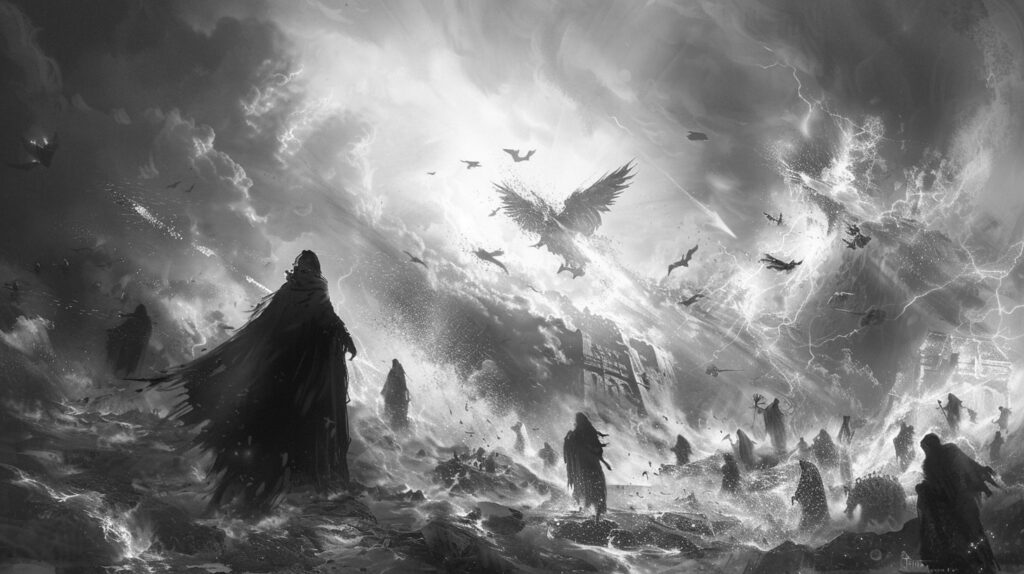
Creating Consistency and Balance
To ensure the effectiveness and believability of your magic system, it is essential to create consistency and balance within its rules. By establishing internal logic and coherence, and avoiding overpowered characters and deus ex machina, you can maintain a sense of fairness and credibility in your magical world.
Internal Logic and Coherence
A well-crafted magic system should have internal logic and coherence. This means that the rules and mechanics of the magic should be consistent throughout your story. Consider the cause and effect relationship between the use of magic and its consequences.
Make sure that the way magic works aligns with its source, whether it be elemental, divine, or nature-based. By maintaining internal logic and coherence, you create a sense of authenticity and enable readers to immerse themselves in your magical world.
Avoiding Overpowered Characters and Deus ex Machina
In order to maintain balance and prevent your magic system from becoming overpowered, it is important to establish limitations and constraints. Avoid creating characters who possess limitless magical abilities or who can solve any problem with a single spell.
This can lead to a lack of tension and conflict in your story. Instead, give your characters specific strengths and weaknesses within the confines of your magic system. This will not only make them more relatable but also create opportunities for growth and development.
Additionally, be cautious of relying on deus ex machina moments, where magic is used as a convenient plot device to resolve conflicts. While it may seem tempting, it can undermine the credibility of your story and leave readers feeling unsatisfied. Instead, foreshadow and establish the rules of magic early on, and allow your characters to overcome challenges through their own efforts and ingenuity.
By maintaining consistency and balance in your magic system, you create a more engaging and immersive experience for your readers. Remember to consider the internal logic and coherence of your magic system, and avoid creating overpowered characters or relying on deus ex machina. For more guidance on magic system development and design, check out our articles on magic system creation and magic system balance.
Developing Rules for Magic
To create a compelling and believable magic system, it’s important to establish clear rules that govern how magic works in your fantasy world. These rules provide structure and consistency, allowing your readers to understand and engage with the magic system. Here are three key aspects to consider when developing rules for magic: energy and resource management, casting and spellcasting mechanisms, and magical affinities and specializations.
Energy and Resource Management
In any magic system, there needs to be a source of energy that fuels the use of magic. This energy can come from various sources, such as the elements, the user’s own life force, or mystical artifacts. It is crucial to define how this energy is obtained and renewed within your world.
Consider the limitations and constraints on the use of magic. Does casting spells require the consumption of a finite resource? Are there consequences or side effects to using magic excessively? By establishing clear guidelines for energy and resource management, you ensure that the use of magic remains balanced and adds depth to your storytelling.
Casting and Spellcasting Mechanisms
The way magic is cast and spells are performed is another important aspect of your magic system. Determine the mechanics and rituals involved in casting spells. Is it a verbal incantation, a physical gesture, or a combination of both? Are there specific materials or tools required for spellcasting?
Think about the complexity and accessibility of magic in your world. Are spells easily learned or are they rare and difficult to master? Are there different schools or disciplines of magic? By defining the casting and spellcasting mechanisms, you add depth and realism to your magic system, making it more engaging for your readers.
Magical Affinities and Specializations
In many fantasy worlds, certain individuals may possess a natural inclination or affinity towards specific types of magic. This can manifest as an affinity for elemental magic, healing abilities, or telekinesis, among others. Consider incorporating magical affinities and specializations into your magic system to add diversity and depth to your characters and their abilities.
By exploring different magical affinities and specializations, you can create unique dynamics and interactions between characters with complementary or opposing magical abilities. This adds complexity to your storytelling and opens up opportunities for conflict, cooperation, and character development.
Remember, the development of rules for magic is an ongoing process. Continuously refine and expand upon your magic system as you delve deeper into your worldbuilding. For inspiration and ideas, check out our article on magic system concepts and magic system development.
By carefully considering and developing rules for energy and resource management, casting and spellcasting mechanisms, and magical affinities and specializations, you can create a captivating and immersive magic system that adds depth and intrigue to your fantasy world.
Fine-Tuning Your Magic System
Now that you have established the foundation and developed the rules for your magic system, it’s time to fine-tune and polish it to ensure that it seamlessly integrates into your worldbuilding and story. This section will guide you through the process of testing and refining your magic system, integrating magic into your world, and balancing magic with other elements of your story.
Testing and Refining
Once you have created the basic framework for your magic system, it’s crucial to test its functionality and effectiveness. Consider experimenting with different scenarios and situations to see how your magic system performs. This will help you identify any inconsistencies, loopholes, or areas that need improvement.
Engage in playtesting by simulating various scenarios, such as battles, puzzles, or interactions between characters. This will allow you to observe how your magic system interacts with the world and other story elements. Take note of any issues that arise and make necessary adjustments to maintain the coherence and balance of your magic system.
Integrating Magic into the Worldbuilding
To create a rich and immersive world, it’s important to integrate your magic system seamlessly into the fabric of your world. Consider the cultural, historical, and societal aspects of your world and how they shape the practice and perception of magic.
Think about how magic affects different aspects of life, such as politics, economy, religion, and daily routines. Are there specific magic academies or guilds? Are there restrictions or regulations on the use of magic? How do non-magical individuals perceive and interact with magic users?
By weaving magic into the intricate details of your world, you can enhance the believability and depth of your storytelling. For more ideas and inspiration on magic system integration, check out our article on magic system worldbuilding.
Balancing Magic with Other Elements of the Story
While magic can be an exciting and captivating element in your story, it’s important to ensure that it doesn’t overshadow other important aspects, such as character development, plot progression, and themes. Balancing magic with other elements will help maintain a cohesive and engaging narrative.
Consider the role of magic in your story and how it interacts with the conflicts and challenges your characters face. Avoid relying solely on magic to resolve conflicts (avoiding Deus ex Machina) and ensure that your characters’ abilities and skills are not overly powerful (avoiding overpowered characters). Strive for a harmony between magic and non-magical elements to create a well-rounded and compelling story.
By carefully fine-tuning your magic system, integrating it into your world, and balancing it with other story elements, you can create a captivating and immersive experience for your readers.
Remember that the process of developing a magic system is an iterative one, and it may require multiple rounds of testing and refinement. Embrace the journey and let your creativity flourish as you craft a unique and captivating magic system for your fantasy world.
